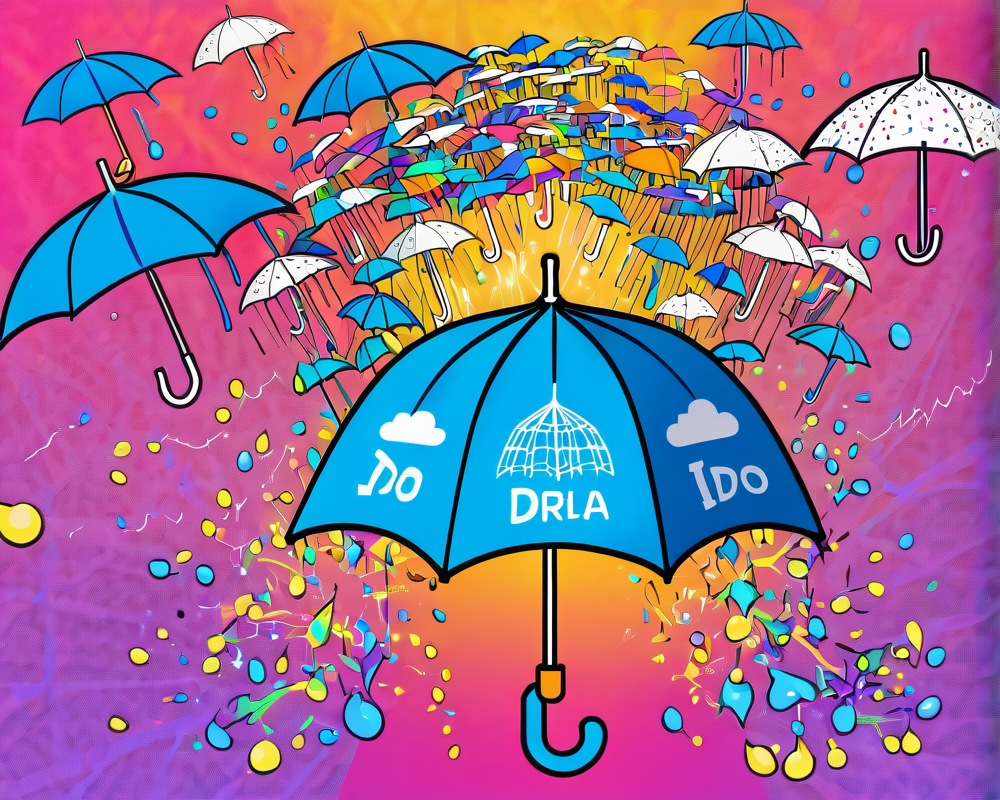The Overview of Umbrella’s IDO
Recently, the decentralized oracle network Umbrella made headlines with the completion of its initial DEX offering (IDO) on Polkastarter. An impressive 110,000 applicants threw their hats into the ring, competing for just 1,000 slots approved for the sale.
The Numbers: A Closer Look
The offering took place on February 9, and let’s just say, competition was intense. With ten times the number of hopefuls compared to available slots, 2.5 million UMB tokens were distributed, but only to 625 lucky participants.
On a financial note, the IDO raked in a cool 72.5 Ether, amounting to roughly $250,000. Umbrella highlighted their strategy aimed at avoiding heavy token concentration among whales, ensuring fair participation.
Words from the Founding Partner
Samuel Kim, Umbrella’s founding partner, shared some insightful thoughts about the offering. He noted,
“This offering represents another key step in bringing decentralized oracle networks to an industry where demand for high-quality external data is growing exponentially.”
Kim expressed a strong belief in the power of community governance and advocated for decentralized solutions, emphasizing that this moment marks a significant milestone for Umbrella’s evolution.
Innovative Technology: How Umbrella Stands Out
This is not just another tech project. Umbrella’s architecture utilizes a delegated proof-of-stake consensus model, which is touted to offer highly cost-efficient data transmission. By tapping into a decentralized network of nodes, they claim to validate thousands of transactions for the cost of what a single transaction would normally require in a centralized system.
What’s Next for Umbrella?
With future plans to migrate to Polkadot, Umbrella is clearly looking to scale its operations. The project also employs a layer-two scaling solution leveraging Merkle Tree technology, which consolidates multiple data points into a single on-chain transaction to cut down costs on Ethereum’s notoriously high fees.
Polkastarter’s Rising Popularity
The IDO took place on Polkastarter, a cross-chain DEX designed for token auctions. Recent positive trends show the platform’s increasing popularity, thanks to features like cross-chain swaps, fixed-price offerings, and integrated KYC processes.















+ There are no comments
Add yours